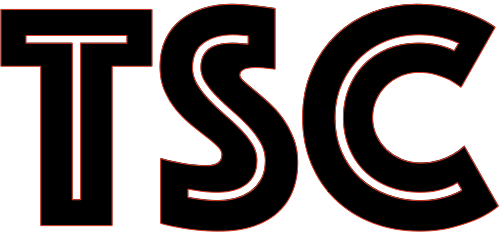
When you make purchases through our links we may earn a small commission.

Photo Credit: Artem Labunsky
Distorted Equivalence Unmasked: 5 Instances of Illogical Arguments by Donald Trump
In the realm of politics and public discourse, logical reasoning and factual accuracy are essential for constructive discussions. However, at times, individuals may resort to employing fallacious arguments, such as false equivalence, to manipulate or deflect attention from the real issues at hand. Former President Donald Trump was no stranger to employing this tactic during his tenure. In this blog post, we will examine five instances where Trump used illogical arguments of false equivalence.
Charlottesville Incident
One of the most infamous instances of false equivalence during Trump’s presidency was his response to the tragic events in Charlottesville, Virginia, in 2017. Following clashes between white supremacists and counter-protesters that resulted in a woman’s death, Trump claimed there were “very fine people on both sides.” By equating the white supremacists with those protesting against hate, he employed false equivalence, downplaying the gravity of the situation and failing to unequivocally condemn white supremacy.
Comparing Crime Rates and Immigration
During his presidential campaign and subsequent presidency, Trump frequently used false equivalence when discussing immigration. He made generalized statements, linking immigrants with criminality, and used selective examples to create the perception that immigrants were a significant source of crime. This approach failed to acknowledge the vast majority of law-abiding immigrants and disregarded empirical evidence that showed immigrants commit crimes at lower rates than native-born citizens.
Climate Change Denial
Trump’s stance on climate change often involved employing false equivalence by equating scientific consensus with differing opinions. He frequently dismissed climate change as a “hoax” and presented it as a subject of debate among scientists. By doing so, he created a false equivalence between the overwhelming scientific consensus on climate change and a minority of dissenting voices, effectively muddying the waters and hindering meaningful action to address this global challenge.
Equating Protests and Violence
Throughout his presidency, Trump repeatedly employed false equivalence to address protests against racial injustice and police brutality. Instead of addressing the underlying issues, he resorted to equating peaceful protests with acts of violence and looting. By doing this, he attempted to delegitimize the protests and divert attention away from the urgent need for systemic change. This false equivalence not only distorted the narrative but also undermined the legitimate grievances of marginalized communities.
False Equivalence in International Relations
Trump’s approach to international relations was often characterized by the use of false equivalence. For instance, when confronted with evidence of Russia’s interference in the 2016 U.S. elections, he drew false equivalences between Russian actions and alleged actions by other nations. This tactic downplayed Russia’s involvement and undermined efforts to hold them accountable. By employing false equivalence, Trump distorted the reality of international relations and hindered efforts to address genuine threats to democracy.
False equivalence is a fallacious argumentative technique that Donald Trump employed in various instances during his presidency. By intentionally equating disparate situations, he sought to shape narratives and deflect attention from critical issues. Recognizing and challenging false equivalence is crucial for fostering constructive dialogue and promoting rational decision-making in the realm of politics and beyond. As responsible citizens, we should remain vigilant against such illogical arguments and encourage a commitment to truth, accuracy, and logical reasoning in public discourse.
We invite you to join the conversation and share your thoughts on the deceptive use of false equivalence by Donald Trump. Have you noticed these instances in his rhetoric? How do you feel false equivalence affects public discourse? We value your insights and look forward to engaging in a meaningful discussion with our readers. Leave a comment below and let your voice be heard!


Tee Off in Paradise: The 10 Best Golf Courses in Palm Desert

Best of Palm Desert: Happy Hours















